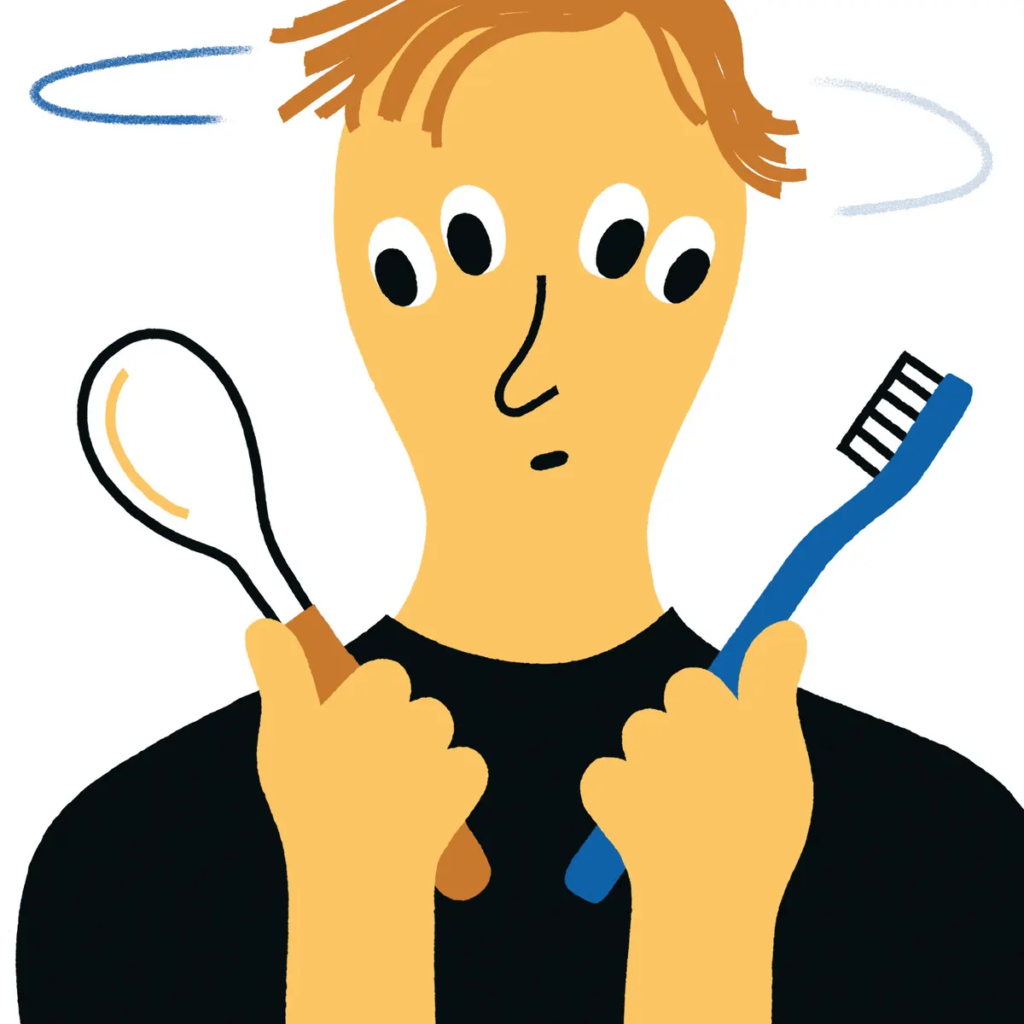
Many people think that brushing after breakfast is the solution. What good is brushing your teeth if you don’t get rid of the food particles that get stuck between your teeth and cause plaque? Yes, it makes sense. But in this article, two dentists clarify to woman&home why this isn’t the case and discuss further lifestyle modifications you can do for better oral hygiene.
Here is everything you need to know to start your day regarding oral hygiene, whether you want to get the most out of your choice of the best whitening toothpaste or want to know how often you should brush your teeth.
Should I brush my teeth before breakfast?
Yes, dentists agree that you should brush your teeth before breakfast. “It makes sense to brush your teeth before breakfast as you will have a build-up of natural acid in your mouth immediately after you’ve eaten and run the risk of damaging the enamel if you brush then,” says Dr. Kunal Patel, a dentist with over ten years experience in the industry.
It’s an approach that fellow dentist, Dr. Anjum Maryam Jahan, agrees with. “If you are brushing immediately after you have eaten, you are effectively brushing the acid onto your teeth which can erode your enamel.”

Enamel maintenance should be our first concern when it comes to protecting our teeth. Since it serves as our teeth’s protective coating, we are more likely to have sensitive teeth and dentin damage when it is worn away. It’s crucial to maintain this because it gives our teeth their color and keeps us from having naturally yellow teeth.
Although there is very little research on brushing before or after breakfast, a study from the University of Zürich does lend support to this notion. They discovered that brushing teeth before individuals were exposed to acidic challenges dramatically reduced the amount of enamel and dentin (the tooth underlying the enamel) wear.
However, some people will inevitably like brushing their teeth in the morning after eating. Aside from this study, there isn’t much data to support the idea that brushing your teeth after breakfast will actually harm your dental hygiene. But if that’s you, Dr Jahan has some advice: “You should wait at least 30 minutes after you have eaten prior to brushing to prevent this damage to the enamel,” she says.
When should I floss?
Flossing at the end of the day after you’ve finished eating and drinking is best, Dr. Jahan says. “That should be enough time to ensure that there are no food particles lodged between your teeth overnight and so no need to floss again in the morning.”

However, many people never floss at all, which can ultimately result in major dental health and hygiene problems like irritated gums and gum disease. According to Dr. Patel, who is also the clinical director and owner of Love Teeth Dental, brushing your teeth and flossing should always go hand in hand. If they don’t already know how to correctly floss, everyone should learn how to do so. “It is advisable to floss daily as brushing alone does not keep all surfaces of your teeth clean,” he explains. “Flossing cleans in between teeth where often bristles of brushes can’t reach.”
Do I need to brush my teeth between meals?
We only need to brush our teeth twice every day, says Dr. Patel. “It’s not necessary to brush your teeth between meals but if you feel like refreshing your mouth during these times, simply rinse out your mouth with water.”

In fact, brushing your teeth between meals could be doing more harm than good. “Brushing your teeth twice daily is sufficient as any more than that and again, you could end up damaging the enamel,” he says. Brushing too frequently can result in longer-term problems including sore or receding gums and gingivitis, a kind of gum disease, in addition to making it more painful to eat cold or hot liquids and food and making it more difficult to whiten teeth at home.
Read More:
The Best Part of Halloween Ends Is That It Ends